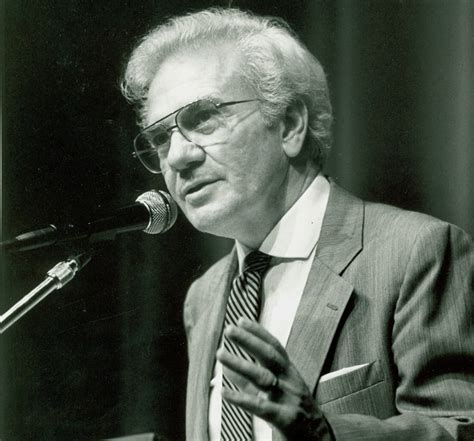A Quote by Ernest L. Boyer
In an era when careerism dominates the campus, is it too much to expect students to go beyond their private interests, learn about the world around them, develop a sense of civic and social responsibility, and discover how they can contribute to the common good?
Related Quotes
There's something unique about the United States, a sense of individual rights and freedoms, and a sense of social and civic responsibility that we contributed to so much of the world. We lost that mission in the 1980s and 1990s, when we entered a gilded age, and the culture of individualism became a culture of avarice.
Theres something unique about the United States, a sense of individual rights and freedoms, and a sense of social and civic responsibility that we contributed to so much of the world. We lost that mission in the 1980s and 1990s, when we entered a gilded age, and the culture of individualism became a culture of avarice.
We all have a world of things inside ourselves and each one of us has his own private world. How can we understand each other if the words I use have the sense and the value that I expect them to have, but whoever is listening to me inevitably thinks that those same words have a different sense and value, because of the private world he has inside himself, too.
There are no general-interest media that all of us can tap into. I'm not a good person to talk to about social media. I just avoid it. I'm suspicious also of the culture of venting. But the bigger question is, How can we in this media world have a genuine civic conversation? I mean, look at Franklin Roosevelt. He had these radio talks that all Americans listened to, and there was a common civic conversation that came out of it.
If I were Mark Zuckerberg or any of these guys, I would say, "My God. How does the world expect us to deal with this?" I mean, it's too big a responsibility; I think they're going to welcome this. They'll maybe keep it in the private sector, but they'll welcome some form of regulatory operation because they've been so successful that they are a global, public good. Everyone needs them.
We also need to find a language capable of defending government as an element of the common good, one that does not define itself as both a punishing and corporate state. This is not merely a matter of redefining sovereignty, but also rethinking what is distinctive about the social state, social responsibility, and the common good.
Throughout the 1980s, we did hear too much about individual gain and the ethos of selfishness and greed. We did not hear enough about how to be a good member of a community, to define the common good and to repair the social contract. And we also found that while prosperity does not trickle down from the most powerful to the rest of us, all too often indifference and even intolerance do.
Our age gives the more receptive among the young such a sense of social responsibility that one is inclined at times to fear that social interests may encroach upon individual development, that a knowledge of all the ills affecting the community may act as too powerful a damper on the joys of youth.
The ghostly presence of virtual particles defies rational common sense and is nonintuitive for those unacquainted with physics. Religious belief in God, and Christian belief that God became Man around two thousand years ago, may seem strange to common-sense thinking. But when the most elementary physical things behave in this way, we should be prepared to accept that the deepest aspects of our existence go beyond our common-sense intuitions.






























